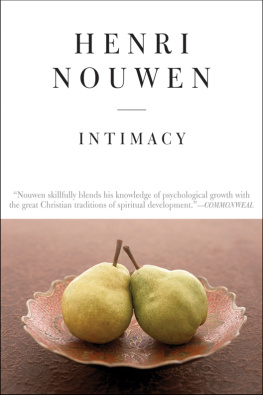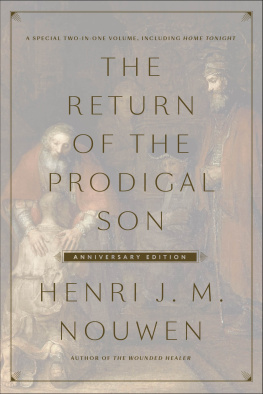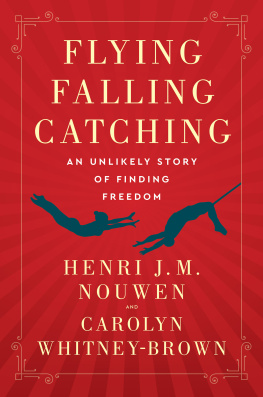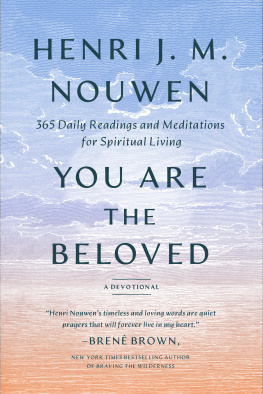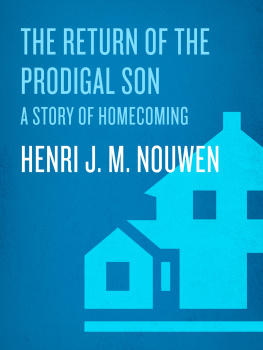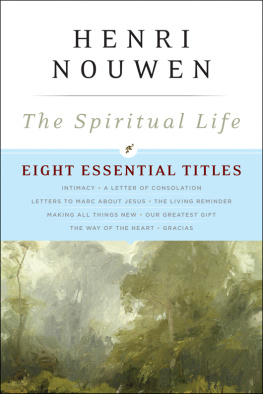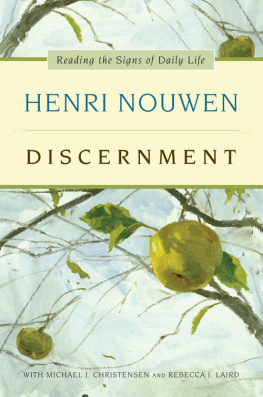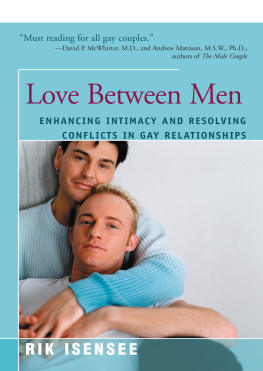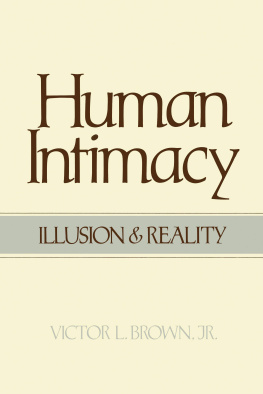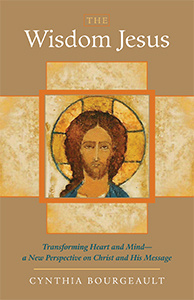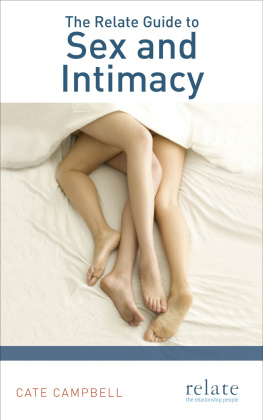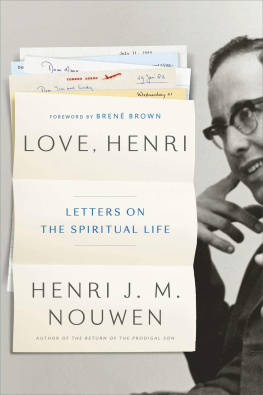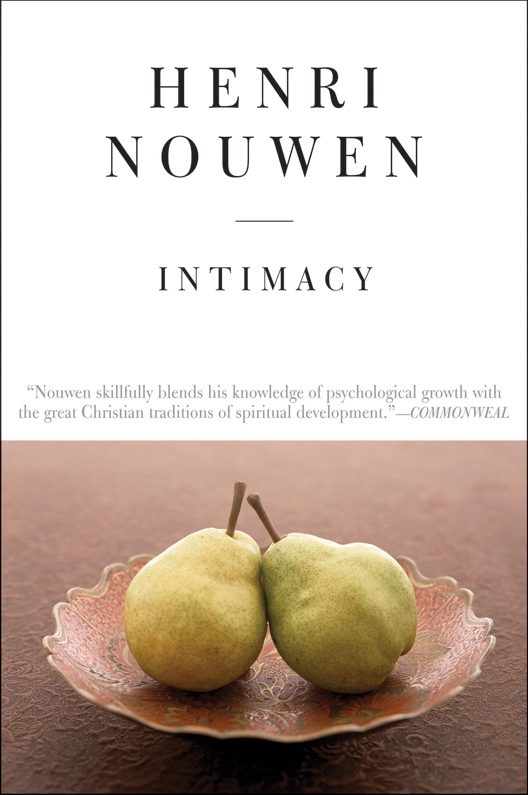THE SOURCES OF the following chapters are many: teaching, counseling, discussing, chatting, partying, celebrating, and most of all just being around. Each chapter is written because someonea student, a teacher, a minister, a priest, a religious brother or sisterasked a question. I wrote on different occasions, for different people, with different questions in mind. I wrote not to solve a problem or to formulate a theory but to respond to men and women who wanted to share their struggles in trying to find their vocation in this chaotic world.
Looking back on the variety of questions and concerns that confronted me, I saw a unity in the many subjects that justifies bringing them together in one book. First of all, there is a unity of perspective, which is pastoral. Although the language and the approach might be considered psychological, the perspective is that of a priest who wonders how to understand what he sees in the light of Gods work with people. Secondly, there is a unifying theme. It has become increasingly clear to me that underlying the many concerns there was one main question: How can I find a creative and fulfilling intimacy in my relationship with God and my fellow human beings? How can one person develop a fruitful intimacy with another person? What does intimacy mean in the life of a celibate priest or in a community of religious? How can we be intimate with God during moments of celebration or silent prayer?
It is not surprising that many of these questions are raised in a university milieu, dominated by young adults. Erik Erikson has stressed how the careful balance between intimacy and distance is the most crucial psychological task of those coming out of their adolescence and trying to develop lasting and productive relationships. Today, however, the struggle for intimacy is no longer limited to one age group. In the midst of a competitive and demanding world, people of all ages have become painfully aware of their deep-seated desire for a place of intimacy. This desire is felt as much by married people and by priests and religious committed to a celibate life as it is by dating students.
Therefore this book can be considered a book about the inner life. It does not deal with the burning issues that have become such a real part of our daily life: inflation, unemployment, crime, hunger, poverty and the threat of nuclear war. But it tries to address itself directly to what seems to pervade all these problems to some degree: peoples seldom articulated and often unrecognized desire for a real home in this world. For that reason, I would like to call this a book about intimacy.
Religious Growth in Psychological Perspective
DURING THE YEAR we are exposed to many events, trivial and significant, which usually dont raise questions unless we pay some special attention to them:
A paratrooper, Captain Ridgway, rowed from Cape Cod to Ireland with his friend. Overwhelmed by the greatness of the ocean and the incredible forces of nature, he found that the medal given to him by the Cape Codders kept him together and gave him words to pray.
One priest, smiling, said to another priest as they left a packed college church at the end of the semester, The finals are the best proof that man is basically religious.
Little Johnny says, Hey, Dad, you cant make President Kennedy alive. But God can, cant He? Cause he can do everything! And we think: Isnt little Johnny cute?
You read about an astronaut, symbol of modern science, smuggling a cross into orbit, and you just dont know what to think about it.
Or you meet a student, coming from a deeply religious family where God was the source of strength and happiness, suddenly asking questions so deep and fundamental that everything that had happened before seems completely irrelevant to him.
Then you read about a group of young men leaving their good jobs, their comfortable homes and sometimes even their families to go to the most desperate places of this world, to live with people they dont even as yet know.
What about all this? Magic or Faith? Superstition or contact with ultimate reality? Something to avoid or to aspire to? To clarify these questions let us look at the life of a man from the time he is folded in the safe womb of his mother to the moment he is walking around, broad-shouldered, with his thumbs pushed behind his leather belt, curiously looking around at this world and what lies beyond. We will call this trip from Magic to Faith. We all make this trip, and it might be worthwhile to look at it from a distance.
In each phase of a mans life we will stress one particular aspect of our development which is a constituent of a mature religious sentiment.
A. THE FIRST FIVE YEARS OF LIFE
During the first five years of life we have to take three big steps out of the magical world in which we are born.
I. During the first 18 months we come to the somewhat frustrating discovery that we are not the center of the world.
Most of you will agree that there are people and things outside of us which will continue to exist even when we dont. This is, however, not so self-evident as it seems. It is only through a long and often frustrating experience that we are able to discover the objective world. As a baby in the mothers womb, everything is there for us; mother is a part of ourself. Later, it can be quite a painful experience to discover that our cry does not create the milk, that our smile does not produce the mother, that our needs do not evoke their own satisfaction. Only gradually do we discover our mother as the other, as not just a part of ourself. Every time we experience that we are not ruling the world by our feelings, thoughts and actions, we are forced to realize that there are other persons, things and events which have their autonomy.
Therefore, the first step out of the magical world is the discovery of an objective reality. It can happen that we reach this objectivity only partially. Although we slowly unfold and become able to stand on our own feet and point to the things around us as objective realities available for our curious mind, this may not happen so easily in the religious dimension. Many mature, successful men in this life often might still treat God as part of themselves. God is the factotum which comes in handy in times of illness, shock, final exams, in every situation in which we feel insecure. And if it does not work, the only reaction may be to cry louder. Far from becoming the Other, whose existence does not depend on mine, he might remain the easy frame which fits best around the edges of my security. Great anxiety, caused by internal or external storms, can sometimes force us to regress to this level of religion. This regression may even save our life, as it did Captain Ridgways. It gives us something to hold on to, a medal or a candle which can keep us together. It may be a very helpful form of religion; but certainly it is not a mature form of religion.
II. The second step out of our magical world is the formation of the language. Somewhere between our 18th month of life and our 3rd birthday we started mumbling our first sounds which slowly developed into words, sentences, and a language. Although it may be disappointing that there are things around us which do not belong to us, by words we can take revenge, because our first words give us a mysterious power over things. Like an American who is excited to discover that his first French word, garon, really brings the waiter to his table, the child experiences not so much the mastery of words but mastery of objects. It takes quite a while before we can detach the word from the object and give it a symbolic function.

